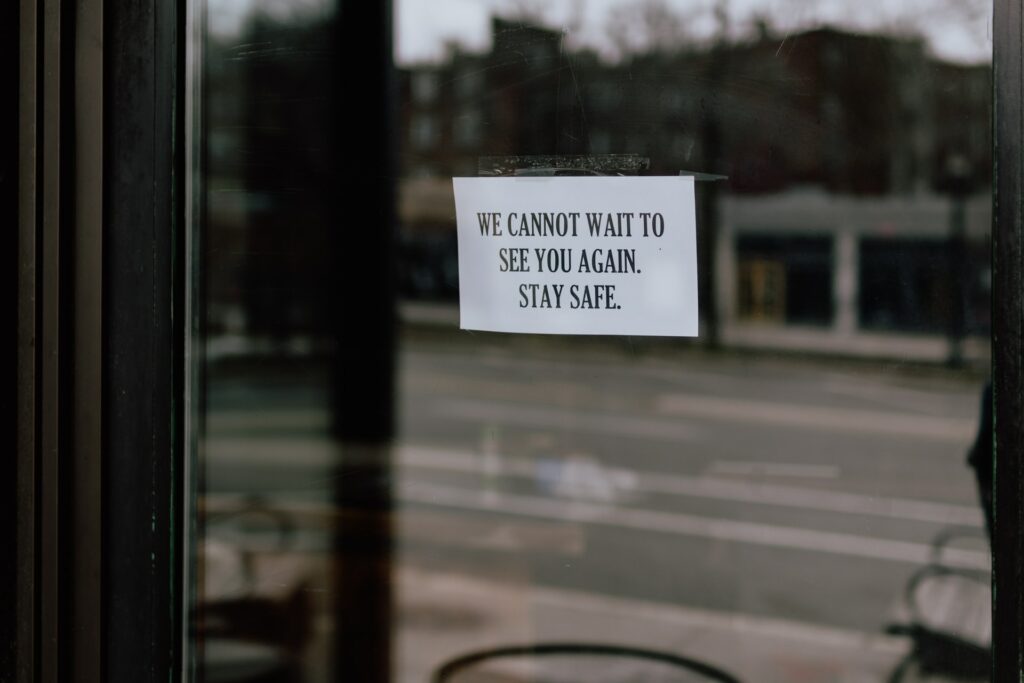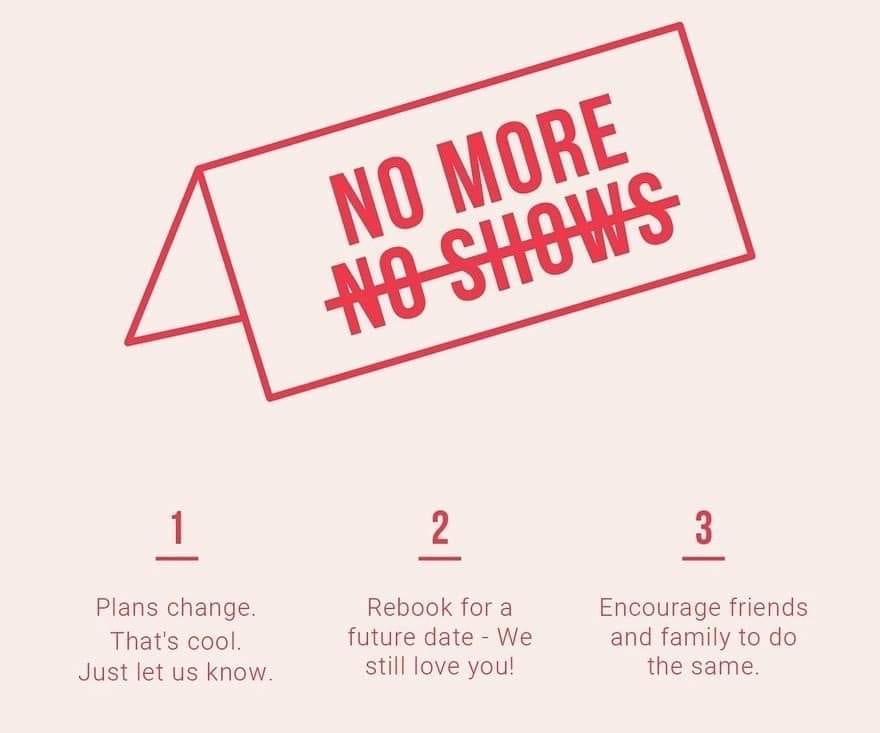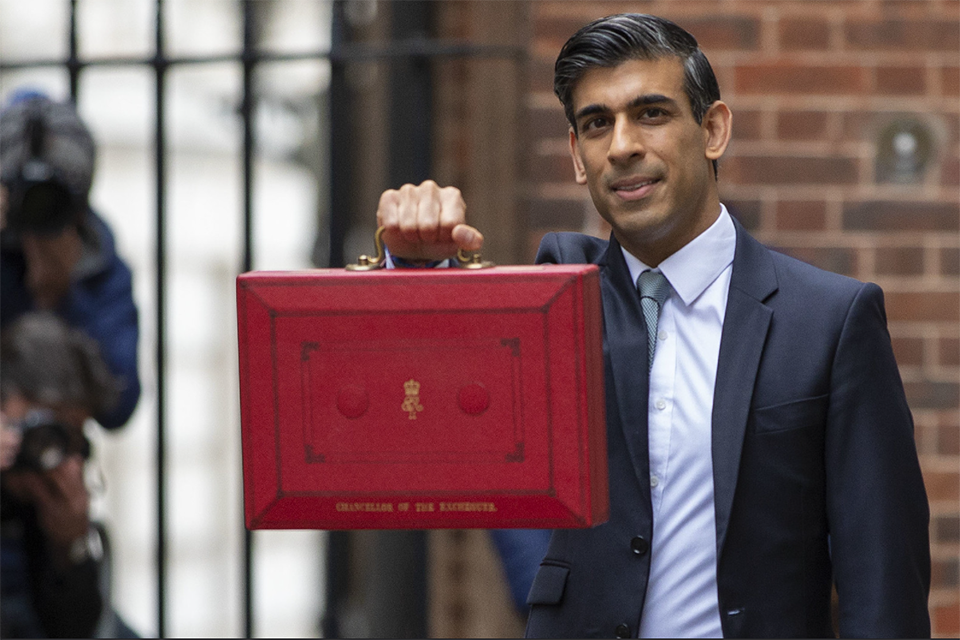What Are the Urgent Issues in Hospitality Right Now?
Whether you work in the industry or are connected to it as a customer, you’ll be well aware that hospitality is currently at a breaking point. While the pandemic has hit all sectors and affected everyone in different ways, hospitality in particular has been one of the most impacted sectors of all.
One of the first industries to close during lockdown and one of the last to open coming out of it, government restrictions have had a noticeable impact on hospitality since 2020 and even when restrictions have eased, it’s not necessarily been back to business as usual for many operators and brands…
Below, we’ll cover some of the topline issues within hospitality right now.
What Are the Urgent Issues in Hospitality Right Now?
The hospitality industry is one of the largest in the UK for both employment and revenue generated. Yet, the impact of COVID-19 has come close to decimating a hard-working and crucial component of the UK economy.
I’m sure there are a few reading this who have seen their local bar or restaurant struggling to provide the service they did pre-pandemic and this is true up and down the country. Unfortunately, it’s not an easy fix situation.
The reason for this is because it’s not necessarily one issue that is impacting hospitality at the moment but rather a compounding effect due to multiple (urgent) issues. Below, we’ll cover the 4 biggest issues faced by the hospitality industry right now.
Unfortunately, we don’t have the solution to many of these issues so these are rather lived and well-documented issues, with some showing no sign of going away in the near future!
1) Uncertainty for Businesses

Arguably the biggest issue at the moment for hospitality is the uncertainty surrounding it. At any moment, the government can decide to close down the industry leaving many businesses with stock, outstanding wages, supplier invoices, rent, fixed costs, and no source of revenue.
This article is not intended to be political but rather give an overview of the current situation facing hospitality. If the government does decide to close down the industry, it will leave businesses with further incurred costs and debts that most still haven’t come close to recovering from due to the same closures in 2020.
This uncertainty makes things very difficult for businesses to plan or operate around.
At present, there is talk of further restrictions around the Christmas period, a time when trade is at a peak for many restaurants and bars due to celebrations, work parties, and most people spending some time in a hospitality-type establishment around Christmas.
This means that stock needs to be ordered, however, there’s a fear over many owners’ heads that they’ll do so only to see trade disappear overnight, leaving them with wastage and stock holding concerns. There is also the uncertainty surrounding whether or not businesses can even satisfy demand – ignoring any restrictions.
The supply chain has far from recovered, and Brexit has not helped to alleviate this for many.
Reduced menus, price increases for products in low supply (the October gas shortage is still hitting the brewers and bars/pubs), closed depots due to Covid outbreaks, and driver shortages all have businesses wondering if you can get all the items they need for delivery and also if the delivery will even turn up at all once ordered!
2) Staff Retention

This one definitely hasn’t gone under the radar!
The staffing issue in hospitality has been critical for at least 6 months now and has still shown no sign of recovery. Temporary staff make up a large percentage of the hospitality workforce and historically, these positions have never been difficult to fill.
Our staffing director Stacey Cullen recently spoke with The Spirits Business about our predictions for staff shortages in 2022.
Staffing agencies for the most part have a very good onboarding process and there is always an influx of staff (students, working visas) ready to pick up shifts – at least that was the case pre-2020.
Currently, the lack of available work has meant that many reliable workers have either moved to a different sector – like picking and packing for retail which has boomed due to online shopping habits changing – or they’ve left the country completely.
Similar to the issue faced by the heavy goods vehicle industry where a large portion of the workforce were international workers on a visa, the same is true for hospitality with many workers leaving the country due to the pandemic and not returning.
This means a percentage of the workforce is just not available and hospitality is feeling the full effects of this.
I’m sure many reading this have seen physical signs and social media posts indicating that restaurants/bars can’t have as many bookings or need to run a reduced menu because they simply don’t have enough staff to supply demand.
This isn’t just an issue for temporary staff either…
Hospitality has always had a reputation for having hard-working staff that work long hours, have few breaks, and need to deal with stressful situations on an almost hourly basis (regardless of whether they are trading or not).
Well, work from home and a work-life balance brought about by the pandemic has opened the eyes to many staff in the industry. Spending more time at home with family and friends combined with having more sociable hours available for free time has meant that good working professionals have simply left the industry.
There’s always been a few cracks in hospitality, this is one of the reasons why the Hospitality Action initiative was set up. It’s definitely difficult to deal with intoxicated customers, have long and unsociable working hours, and if we’re being honest, do all this for an average paycheck at the end of each month.
New talent is not rushing to join the industry and as so many skilled professionals have left, businesses can’t fill key positions. A few months ago, Head Chef jobs were being advertised for 0.5-2x expected salary only to still see few applicants show any interest.
The lack of talent (or numbers in general) in the industry is worrying at present and there are some serious steps needed to resolve this which include:
- Better pay – for both full time and temporary positions
- Better work-life balance
- More opportunities for career progression
- Mental health support
- Readily available training
- Improved working conditions
Seeing some of these factors only indicate that this is not a short-term fix, especially when the money needed to finance some of these points is not readily available for most struggling businesses in hospitality.
See some further reading for the staff shortages here.
3) Cancelled Bookings, No Shows and Event Dropout

Pictured: The “No More No Shows” campaign from Sixty Eight People
A well-publicised and key issue for many operators is having seats unexpectedly empty, the issue with this is due to three factors:
- Cancelled bookings
- No shows
- Event dropout
Firstly, cancelled bookings in themselves are normal within the industry and often expected. The most recent issue however is that the cancellations are coming in force!
Chef Tom Kerridge has shared a viral video explaining Christmas cancellation ‘carnage’ as mass restaurant cancellations over Christmas is happening due to the outbreak of the Omicron variant.
While this is one particular instance to hit the headlines, it’s something being seen up and down the industry. Fear of catching Covid or having to isolate over Christmas and not see loved ones has led to an alarming rate of cancellations as people just don’t want to take the risk of socialising in crowded areas.
As mentioned, this is nothing new for the industry, however, the scale at which these cancellations are happening means that most businesses can’t make sufficient revenue (during one of the peak trading times of the year) and this is further putting finances at risk for an already drained industry.
Following on from cancellations is ‘no shows’. While cancellations can be expected, many people since mid-2021 are simply just not turning up to bookings with no warning or notice for the restaurants or bars.
While cancellations can be manoeuvred and covered, a no show simply means that businesses are losing expected revenue whilst still incurring the costs of staff wages and stock. Even an 11th-hour cancellation can be covered by walk-ins but simply not turning up means that many businesses are having to take the hit.
This was another storyline to go viral earlier in the year and while it’s improved, this lack of customer etiquette is still damaging businesses profit margins and putting a strain on the owners and management who can’t manage such unpredictable situations.
Finally, the industry for large scale events (live music, nightclubs, festivals) is seeing a noticeable dropoff rate. What this essentially means is that people are buying tickets to events but not showing up on the night, with a variance of 10%-30% dropoff happening countrywide.
This is similar to no shows, however, it’s definitely less talked about within the industry.
As people have already purchased tickets to these events, operators have clearer numbers to work with and the businesses already have an initial amount of money in the bank through ticket income.
With such huge dropout rates on the day/night though, businesses are finding themselves overstaffed (ironic considering the staffing crisis!), have a surplus of stock, and take less revenue than initially forecast (which of course influences budgets pre-show).
All the factors above essentially mean that businesses aren’t getting enough customers to support a profitable business, with the latter two, in particular, being almost impossible to plan for or manage.
4) Lack of Government Support

Pictured: Chancellor Rishi Sunak holds the Treasury Red Box on Budget Day. Source: Gov.uk
Finally, while it’s understandable that almost all industries have been hit hard by the pandemic, there is definitely a feeling that hospitality has been targeted, or at least heavily neglected by the government.
First to close, last to open is the feeling within the industry and when that’s the situation, it’s reasonable to expect some additional support from the government in order to keep the industry afloat.
It’s worth mentioning that while there have been some schemes put in place to support hospitality (either directly or indirectly), such as the Arts Council recovery fund, a VAT cut, and the ‘Eat Out to Help Out’ scheme, these were short-lived and didn’t help the industry as a whole to recover.
The hospitality industry incurred £2.5 billion in rental debt during the pandemic closures and has one of the worst taxable business rates of any sector so for all the issues around staff shortages, fewer customers through the doors, and difficulty managing balance sheets, hospitality isn’t in a position where it can thrive for a long time as things stand.
Without further government support to alleviate the financial burdens that the hospitality industry is facing, another winter season with lower than forecast revenues could see hospitality start 2022 in a worse financial position than it was during peak pandemic months!
Help for Hospitality: Final Thoughts
Hospitality is the beating heart of many economies. In times of economic downturn or global pandemics, people still need entertainment and social spaces so the hospitality industry is not one that can easily be neglected.
With that said, there are so many issues brought about by the pandemic that even 20 months later, the industry is still not seeing signs of a recovery. With talk of more ‘mini’ lockdowns and heightened restrictions, it’s difficult to see how the industry can get back to normal without immediate government support and industry-wide changes.
While people are campaigning hard to get the industry the support it requires, it does feel as though hospitality is being ignored/forgotten about which ultimately means that high streets could look very different (and empty) by this time next year…
Share
Get In Touch With Our Team
Speak To One Of Our Team Today Get in touch
